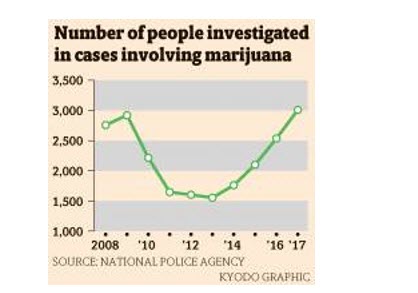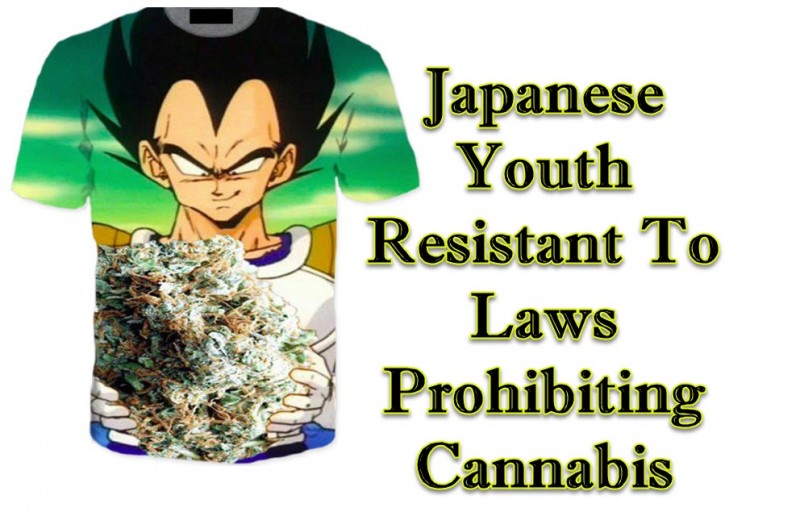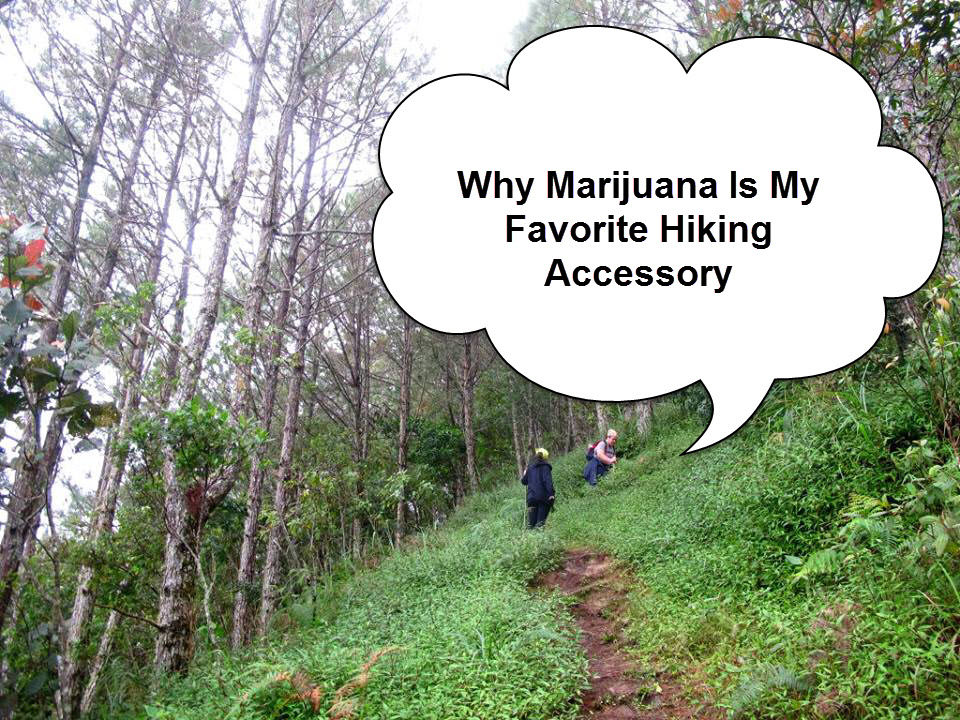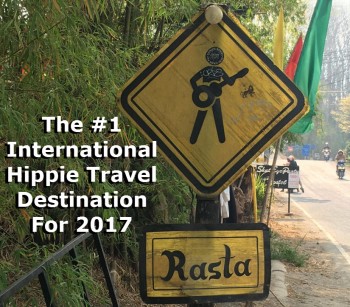Japanese Youth Resistant To Laws Prohibiting Cannabis
Japanese Youth Resistant To Laws Prohibiting Marijuana from CannabisNet on Vimeo.
More Japanese Youth Than Ever Are Using Pot
Japan’s National Police Agency just released data revealing that there was a record 3,008 cases of people caught using cannabis in 2017. The figures revealed an increase of 472 cases from 2016, and it’s probably because more people are using cannabis even if the government has placed stricter consequences for those caught using dangerous (kiken) drugs.

Seems that the Japanese youth are rebelling, as there was a significant increase in cases among people below 20 years old. This is becoming a cause for concern that cannabis use is becoming more prevalent among the youth.
Other interesting points from the National Police Agency report include:
- Cases in police attention for every 100,000 doubled to 3.0 last year compared to 2013
- The number of cases involving people aged 14-19 increased more than 5 times, from 0.8 to 4.1
- The number of cases involving people in their 20’s was up from 4.8 to 9.4
- The number of cases involving elderly people aged 40-50’s was below the average rate of 3.0, currently at 1.8 and 0.3 respectively
Last year, there was another survey asking around 500 people who have been investigated for their involvement in cannabis-related cases. Just 30% of respondents admitted that they think cannabis is dangerous, while around 70% think that stimulant drugs are more dangerous. Another 42.9% reported to using cannabis because they were curious but 66.3% of respondents below 20 years old had the same reasons for trying out cannabis for the same reasons.
“It is possible that more people are shifting to marijuana on the back of the declining number of people using so-called ‘dangerous drugs’ against which measures have been bolstered,” says an agency official.
The Japanese government considers drugs that contain chemicals which can cause stimulation effects or hallucinogenic to be dangerous. When looking at all age groups, 63.7% said they turned to cannabis due to peer influences while 22.6% made the decision to try it on their own, without the influence of others.
Over 80% of respondents older than 20 years old admitted that they were offered pot, compared to 70% of respondents in their 20’s, and around half of the respondents in their 30’s.
The cases that have come to police attention include 2,505 people who were caught possessing cannabis, 168 involved in dealing, 138 in cultivation, and 67 in smuggling. The police also took note of cases that were tied to Japanese crime syndicates who have partnered with criminal groups in Vietnam to cultivate the plant. A total of 13,542 people involved in drug-related cases last year have been taken action against by the Japanese police.
While the number of cases involving cannabis increases, the number of cases that have been investigated for association with stimulant drugs saw a slight drop to 10,113 from the year before, while cocaine-associated cases increased dramatically to 177 from 2013.
Japanese authorities confiscated 1,118.1 kg of stimulant drugs in 2017, which marks 2 years in a row of seized drugs exceeding 1,000kg. Synthetic drugs, such as MDMA, reached a total of 2,181 pills and 9.6kg of cocaine have been confiscated.
The National Police Agency warns against the rising number of people using cannabis, saying: “There are signs that people are losing their resistance to cannabis, as the drug can be easily obtained via the internet and other means.”
The Japanese culture is among the world’s few that seriously consider cannabis use to be taboo.
“Cannabis has the potential for addiction,” an official from the National Police Agency said. “Its abuse could develop into a mental illness. We want to work more to prevent the abuse of cannabis, especially among young people.”
The Kanto-Shinetsu Office of the Health, Labor and Welfare Ministry’s Narcotics Control Department added that there were more cases of cannabis being discovered to be infused into snacks and candies. When it comes to cases of smuggled cannabis, authorities have found edibles such as cookies, caramel, and chocolates which contain pot. They have also detected liquid cannabis which is meant to be used in vapes.
Not just that, there was also an increase in cases involving seizures of cannabis wax, one of the most potent forms of cannabis.
The ministry’s anti-drug agency is on high alert, and one official said: “There is fear it could become rampant.”
What’s the worst that cannabis could do to the fabric of Japanese society?
Japanese Youth Resistant To Laws Prohibiting Marijuana from CannabisNet on Vimeo.
OTHER STORIES YOU MAY ENJOY...
JAPAN JOINS THE FIGHT FOR LEGAL CANNABIS, CLICK HERE.
OR..
JAPANESE HIKERS USE CANNABIS ON A HIKE, IT DOESN'T GO WELL, READ THIS.







